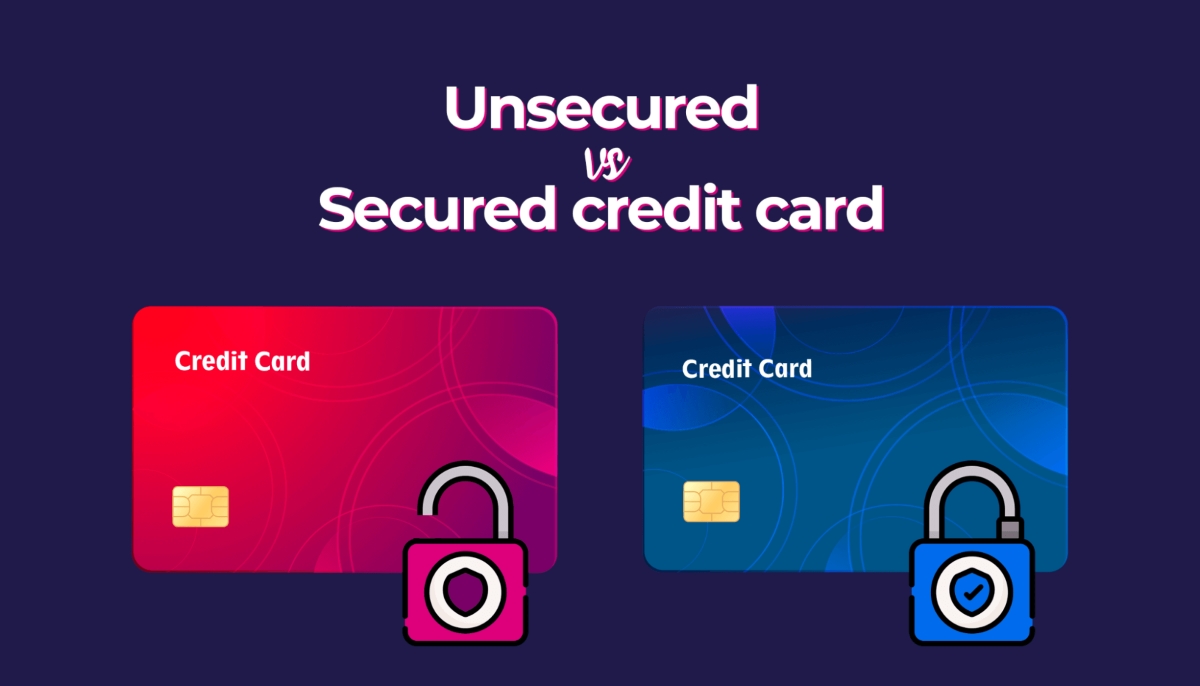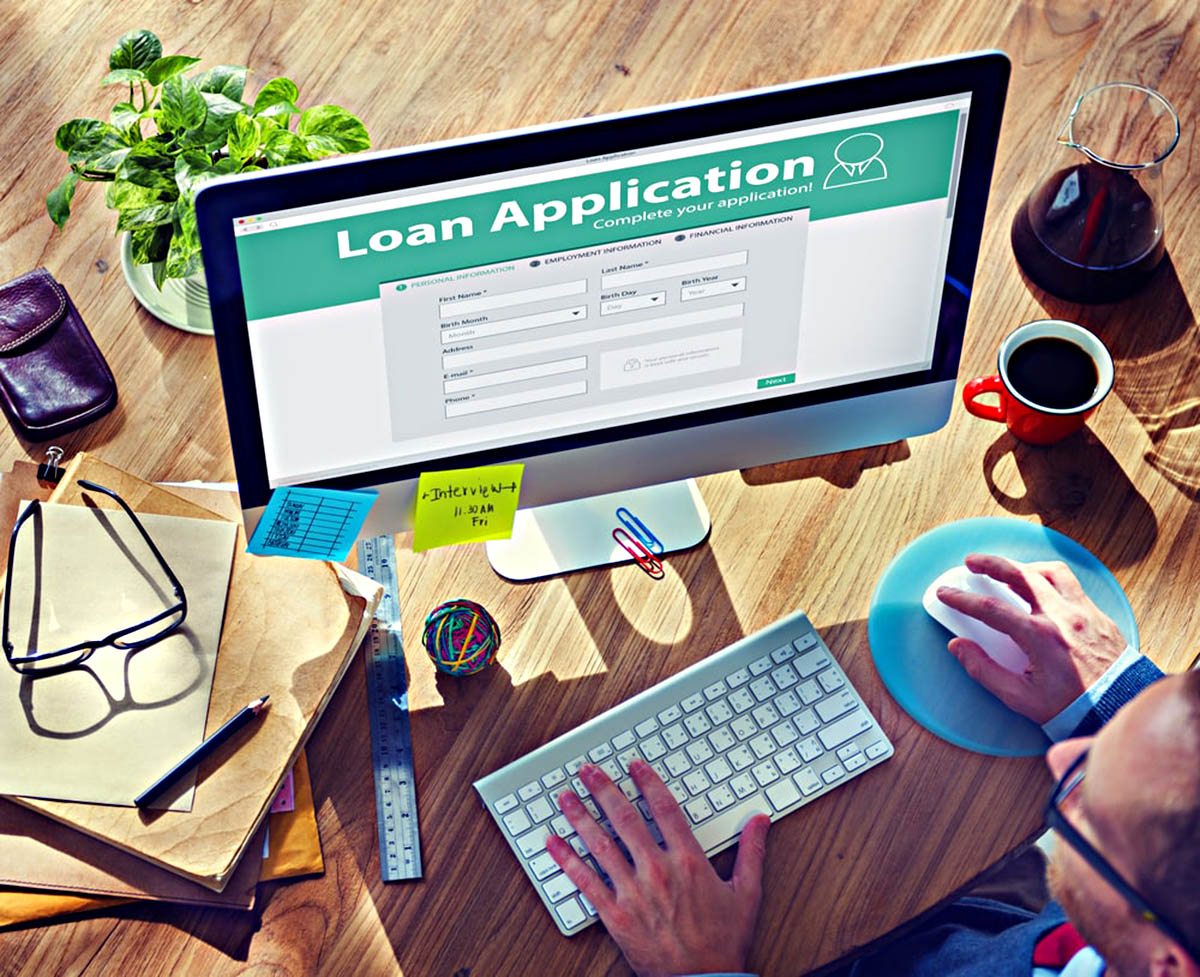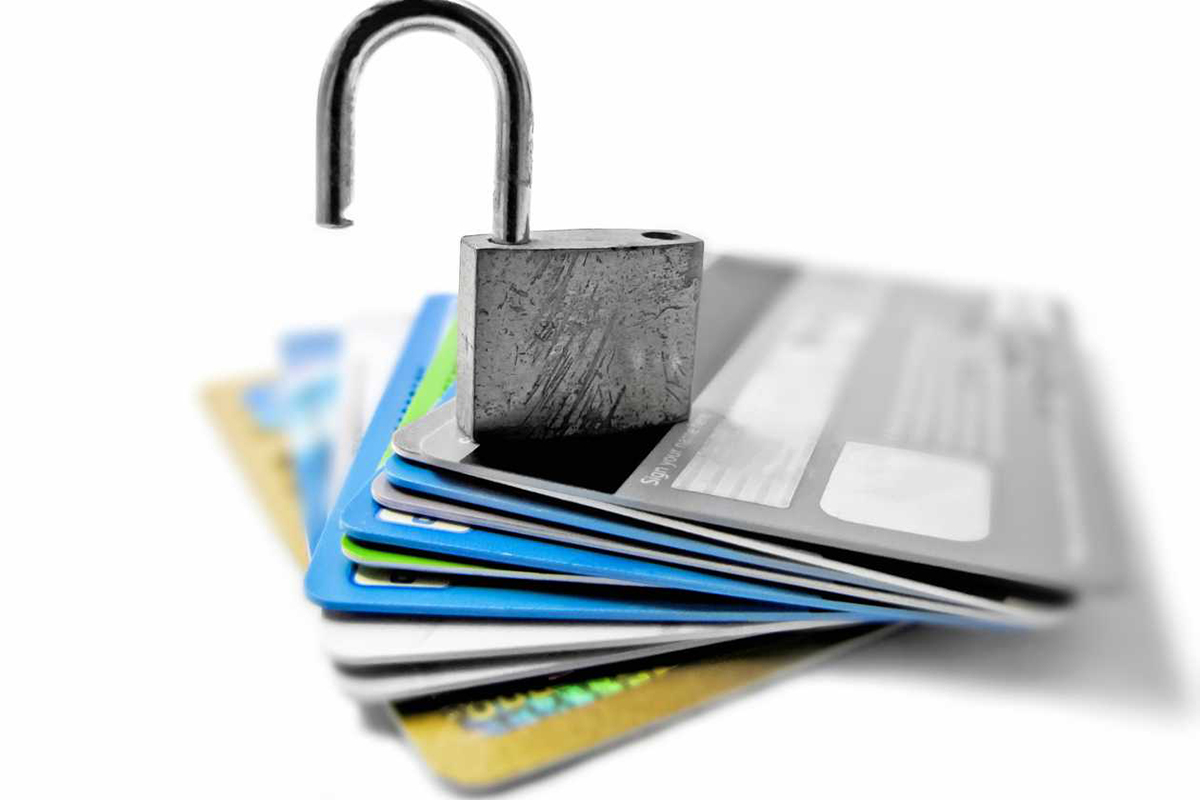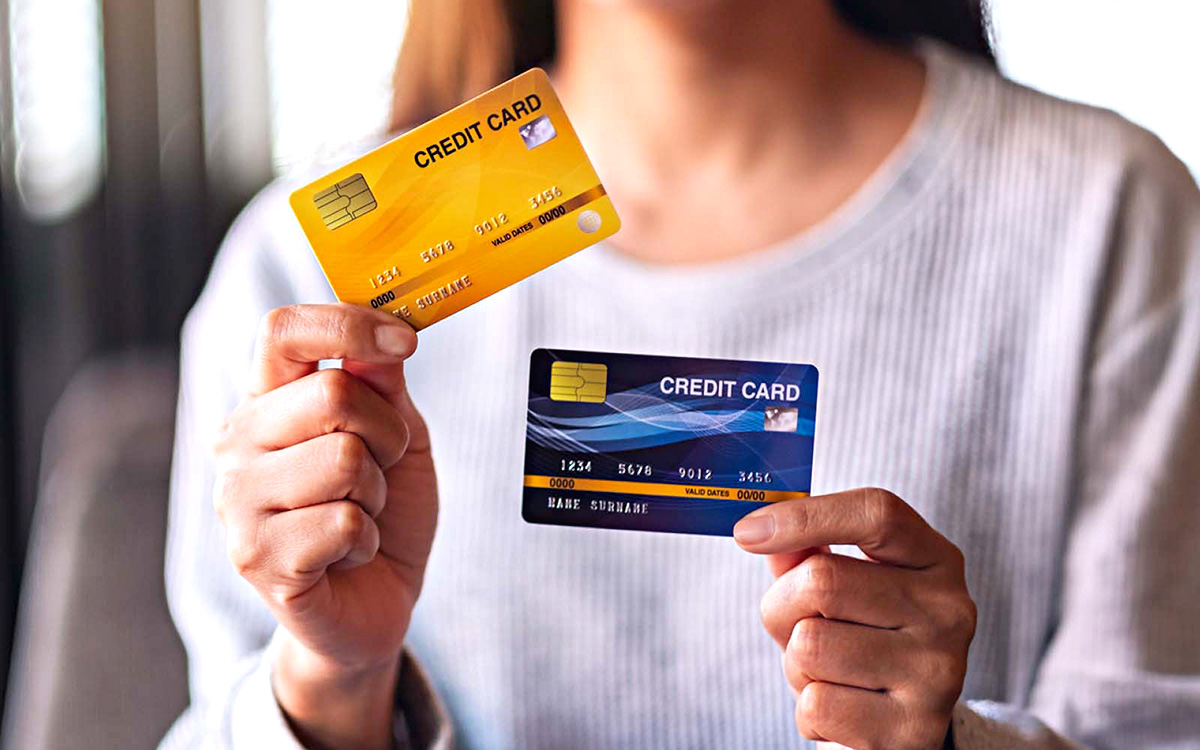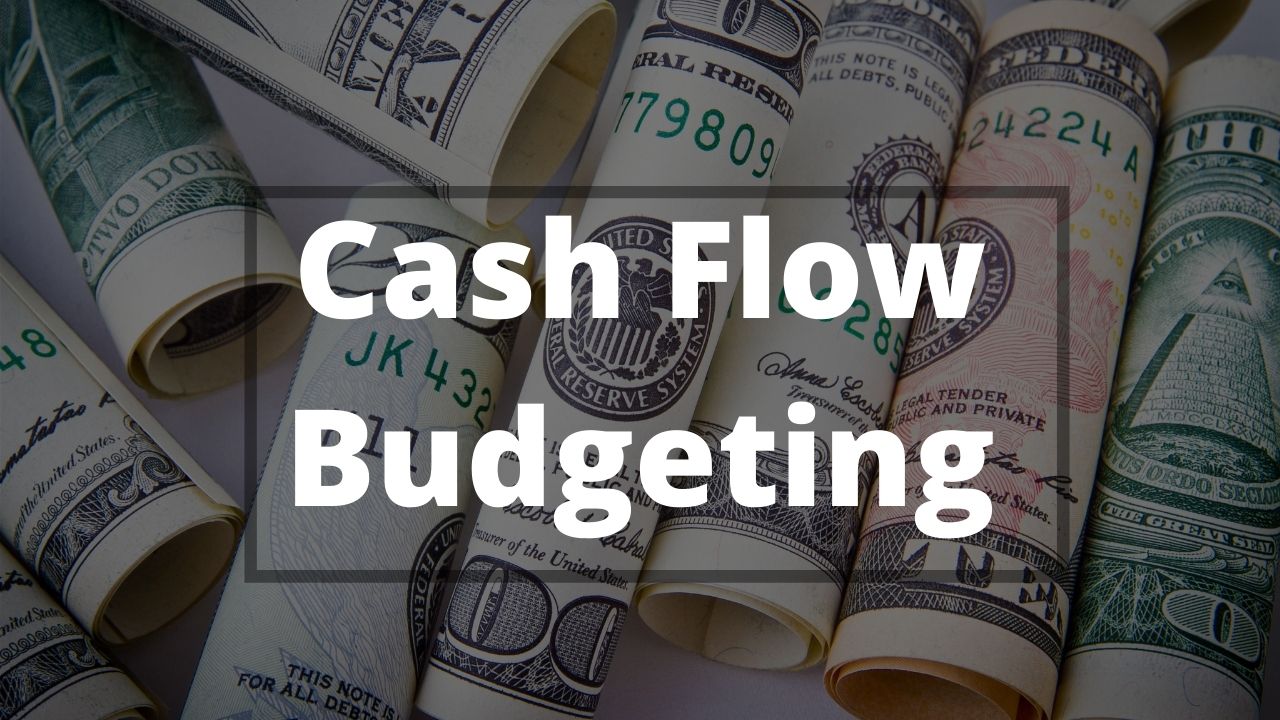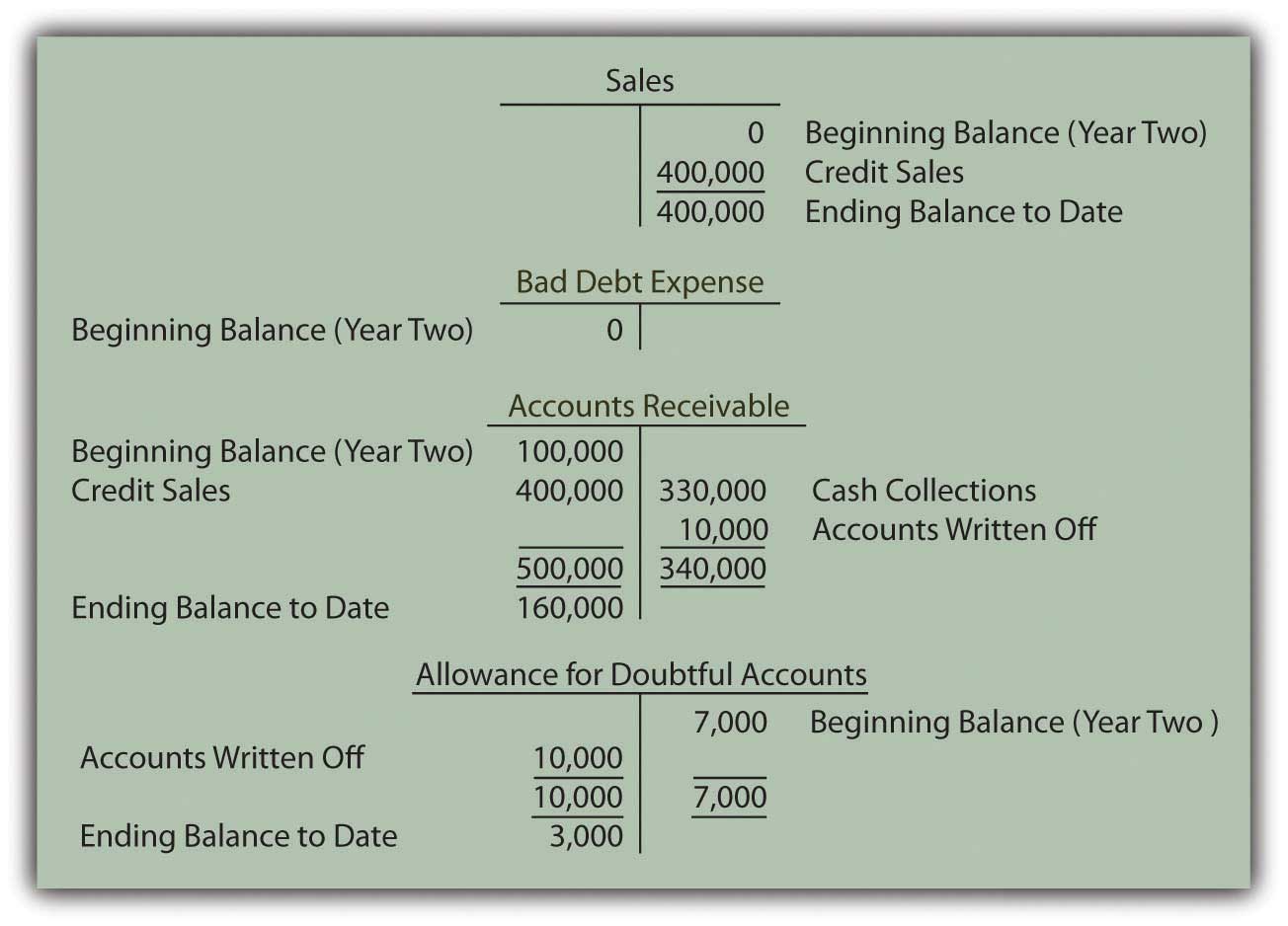

Finance
What Is The Easiest Unsecured Card To Get
Published: March 2, 2024
Looking for the easiest unsecured card to get? Explore your options and improve your finances with our expert advice. Apply now!
(Many of the links in this article redirect to a specific reviewed product. Your purchase of these products through affiliate links helps to generate commission for LiveWell, at no extra cost. Learn more)
Table of Contents
Introduction
Welcome to the world of unsecured credit cards, where financial freedom meets flexibility. In today’s dynamic economy, having access to credit is essential for various transactions, whether it’s making everyday purchases, booking flights, or handling unexpected expenses. Unsecured credit cards offer the convenience of not requiring a security deposit, making them an attractive option for individuals looking to build or rebuild their credit history.
However, navigating the landscape of unsecured credit cards can be daunting, especially for those new to the concept. With a myriad of options available, it’s crucial to understand the key factors that influence the approval process and determine the easiest unsecured card to get.
In this comprehensive guide, we’ll delve into the intricacies of unsecured credit cards, explore the essential considerations when applying for one, and highlight the easiest unsecured cards to obtain. Whether you’re a first-time credit card applicant or seeking to expand your financial portfolio, this article will equip you with the knowledge and insights to make informed decisions and unlock the potential benefits of unsecured credit cards.
Understanding Unsecured Credit Cards
Unsecured credit cards are a type of revolving credit that does not require collateral, such as a security deposit, to open an account. Unlike secured credit cards, which mandate a cash deposit as a form of security, unsecured cards extend a line of credit based on the cardholder’s creditworthiness and financial history. This characteristic makes unsecured credit cards an appealing option for individuals seeking greater financial flexibility without tying up funds in a deposit.
When you use an unsecured credit card, you are essentially borrowing money from the card issuer to make purchases, with the commitment to repay the borrowed amount within a specified timeframe. The issuer sets a credit limit based on your creditworthiness, income, and other relevant factors, dictating the maximum amount you can borrow. As you make purchases and repay the borrowed funds, the available credit replenishes, allowing for ongoing use within the approved limit.
Unsecured credit cards often come with a range of features and benefits, including rewards programs, cashback incentives, travel perks, and consumer protections. These offerings can vary widely among different card issuers, and the terms and conditions associated with each card should be carefully reviewed to understand the full scope of benefits and any associated fees.
Understanding the nuances of unsecured credit cards is pivotal in making informed financial decisions. By grasping the fundamental principles and mechanisms of unsecured credit, individuals can leverage these financial tools to manage expenses, build credit history, and access valuable perks and protections.
Factors to Consider When Applying for an Unsecured Credit Card
Before applying for an unsecured credit card, it’s essential to evaluate several key factors to increase the likelihood of approval and secure a card that aligns with your financial needs. Consider the following elements:
- Credit Score: Your credit score plays a pivotal role in the approval process for unsecured credit cards. Most card issuers set minimum credit score requirements, and a higher score can lead to better interest rates and more favorable terms. Understanding your credit score and taking steps to improve it, if necessary, can enhance your chances of obtaining an unsecured card.
- Income and Employment: Card issuers typically assess an applicant’s income and employment status to gauge their ability to repay debts. A steady income and stable employment history can bolster your credit card application, demonstrating your capacity to manage credit responsibly.
- Debt-to-Income Ratio: Your debt-to-income ratio, which compares your monthly debt payments to your gross monthly income, is another critical factor. A lower ratio indicates a healthier financial position and can contribute to a more favorable credit decision.
- Fees and Interest Rates: Review the card’s fee structure, including annual fees, late payment fees, and foreign transaction fees. Additionally, understand the card’s interest rates, especially if you anticipate carrying a balance. Comparing these costs across different cards can help you select a cost-effective option.
- Rewards and Benefits: Assess the rewards programs, cashback offers, and other benefits associated with the card. Consider how these align with your spending habits and financial goals to maximize the value of the card.
- Financial Responsibility: Reflect on your spending habits and financial discipline. Responsible credit usage, timely bill payments, and avoiding excessive debt can contribute to a positive credit profile, enhancing your eligibility for unsecured credit cards.
By carefully evaluating these factors and addressing any areas that may impact your creditworthiness, you can approach the application process strategically, positioning yourself for success and identifying the most suitable unsecured credit card for your financial circumstances.
The Easiest Unsecured Cards to Get
When seeking an unsecured credit card, identifying options that are accessible for individuals with varying credit profiles is crucial. While approval criteria can differ among card issuers, several cards are known for being more attainable, particularly for those with limited or fair credit histories. Here are some of the easiest unsecured credit cards to obtain:
- Capital One Platinum Credit Card: Designed for individuals with average credit, this card offers a straightforward application process and may provide a starting credit limit of $300 or more, based on creditworthiness. It also offers the opportunity for credit limit increases with responsible card usage.
- Discover it Secured Credit Card: While technically a secured card, this option is noteworthy for its lenient approval requirements. It is accessible to individuals with fair or limited credit history and offers a path to transition to an unsecured card with responsible credit management.
- Petal® 2 “Cash Back, No Fees” Visa® Credit Card: This card is tailored for individuals with limited credit history and utilizes alternative data, such as income and expenses, to assess creditworthiness. It offers cashback rewards and does not charge annual, foreign transaction, or late fees, making it an attractive option for those establishing credit.
- Credit One Bank® Platinum Visa® for Rebuilding Credit: Geared towards individuals looking to rebuild their credit, this card provides a straightforward application process and may extend a manageable initial credit line. It also offers opportunities for credit line increases with responsible card usage and timely payments.
- OpenSky® Secured Visa® Credit Card: While technically a secured card, the approval process for this card does not hinge on credit history, making it accessible to individuals with limited or poor credit. It can serve as a stepping stone to building or rebuilding credit.
These cards cater to individuals with varying credit backgrounds, offering accessible pathways to establish or improve credit while providing the benefits and convenience of an unsecured credit card. By exploring these options and understanding their respective features, individuals can make informed decisions aligned with their financial goals and credit standing.
Conclusion
Unsecured credit cards serve as valuable financial tools, offering convenience, purchasing power, and the opportunity to build or rebuild credit without requiring a security deposit. Understanding the nuances of unsecured credit cards and the factors that influence the approval process is essential for individuals seeking to obtain these cards and leverage their benefits effectively.
By evaluating critical factors such as credit score, income, debt-to-income ratio, fees, and rewards, applicants can approach the application process strategically, increasing their chances of securing an unsecured credit card that aligns with their financial needs and goals. Additionally, the availability of accessible unsecured credit cards tailored to individuals with varying credit profiles provides avenues for establishing or improving credit, fostering financial independence, and accessing valuable card benefits.
Ultimately, the journey to obtaining an unsecured credit card involves informed decision-making, responsible credit usage, and a proactive approach to managing one’s financial well-being. With the right knowledge and considerations in place, individuals can navigate the landscape of unsecured credit cards with confidence, unlocking the potential for enhanced purchasing power, credit growth, and financial stability.
Whether embarking on the journey of building credit for the first time or seeking to strengthen one’s credit profile, the accessibility and diverse offerings of unsecured credit cards present opportunities for individuals to embark on a path toward financial empowerment and security.



